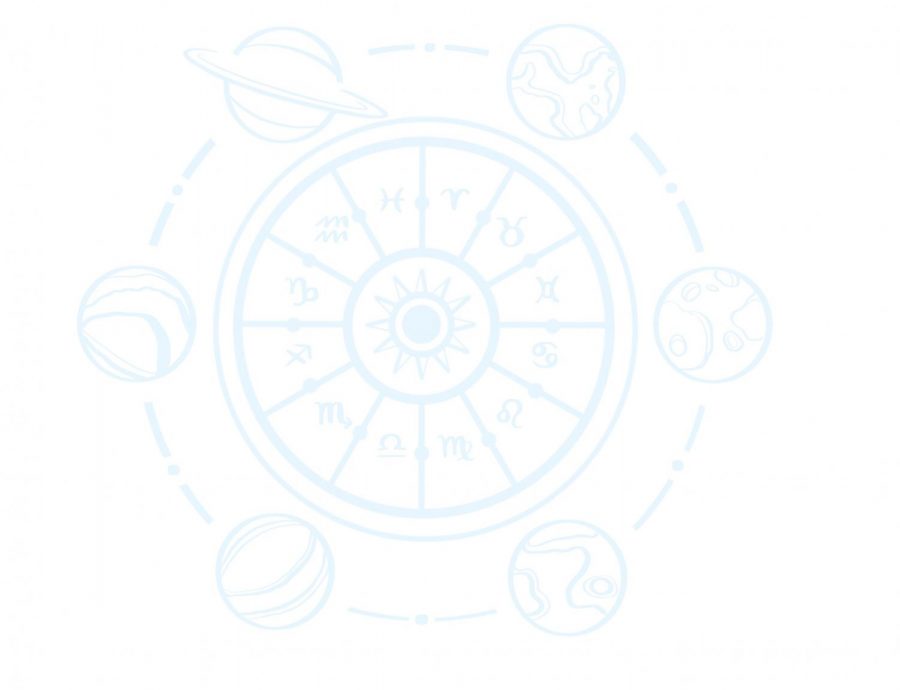Stars provide solace in history
It’s no surprise that horoscopes and astrology have a long history. The ancient Chinese looked toward eclipses and constellations as omens, and the Babylonians devised a numerical system through the stars. The Greeks made advances in medicine, philosophy and literature through the stars, and numerous travelers used specific constellations as markers. The sky was their compass, a form of guidance for the unpredictable.
By 1500 B.C.E., the Babylonians had already divided the zodiac into 12 equal signs, but it was the Greek astronomer Ptolemy, and his literary work “Tetrabiblos,” that popularized and laid the foundation for the 12 zodiac signs used in Western culture today. He theorized that each of the zodiacs would be 30 degrees wide, and would alternate as the sun moved throughout the year.
The Greek and Roman Empire spread the concept of horoscopes throughout the world as a means of self definition. By the early first century, the use of horoscopes became a common practice. Churches turned to astrology as validation for their beliefs, and several emperors and priests had their astrological sign embedded on coins.
During the Middle Ages, horoscopes developed into an intrinsic necessity of daily life. Advancements in mathematics contributed to more complex and detailed astrological charts, and astrology became prevalent in medicine, religion and education as a whole. Even universities had astrological courts and chairs.
Over time, people began viewing horoscopes and astrology as a form of entertainment, rather than as genuine science. Once the Age of Enlightenment began, the concept of astrology was turned down in favor of more practical studies. Starting in the 1920s, magazines and newspapers began publishing horoscopes as daily fortunes for readers’ enjoyment.
Today, horoscopes and the zodiac signs are widely popularized as personal traits used to analyze one’s character or predict for future events. They’ve invaded the internet through web- sites and apps, such as Co—Star and The DailyHoroscope, and appear constantly in magazine blurbs and calendars. Whether one perceives them as genuine fortunes or as absolute rubbish, horoscopes at the very least remain as a small tidbit to ease the uncertainty of daily life.
Your donation will support the student journalists of Henry M. Gunn High School. Your contribution will allow us to purchase equipment and cover our annual website hosting costs.


